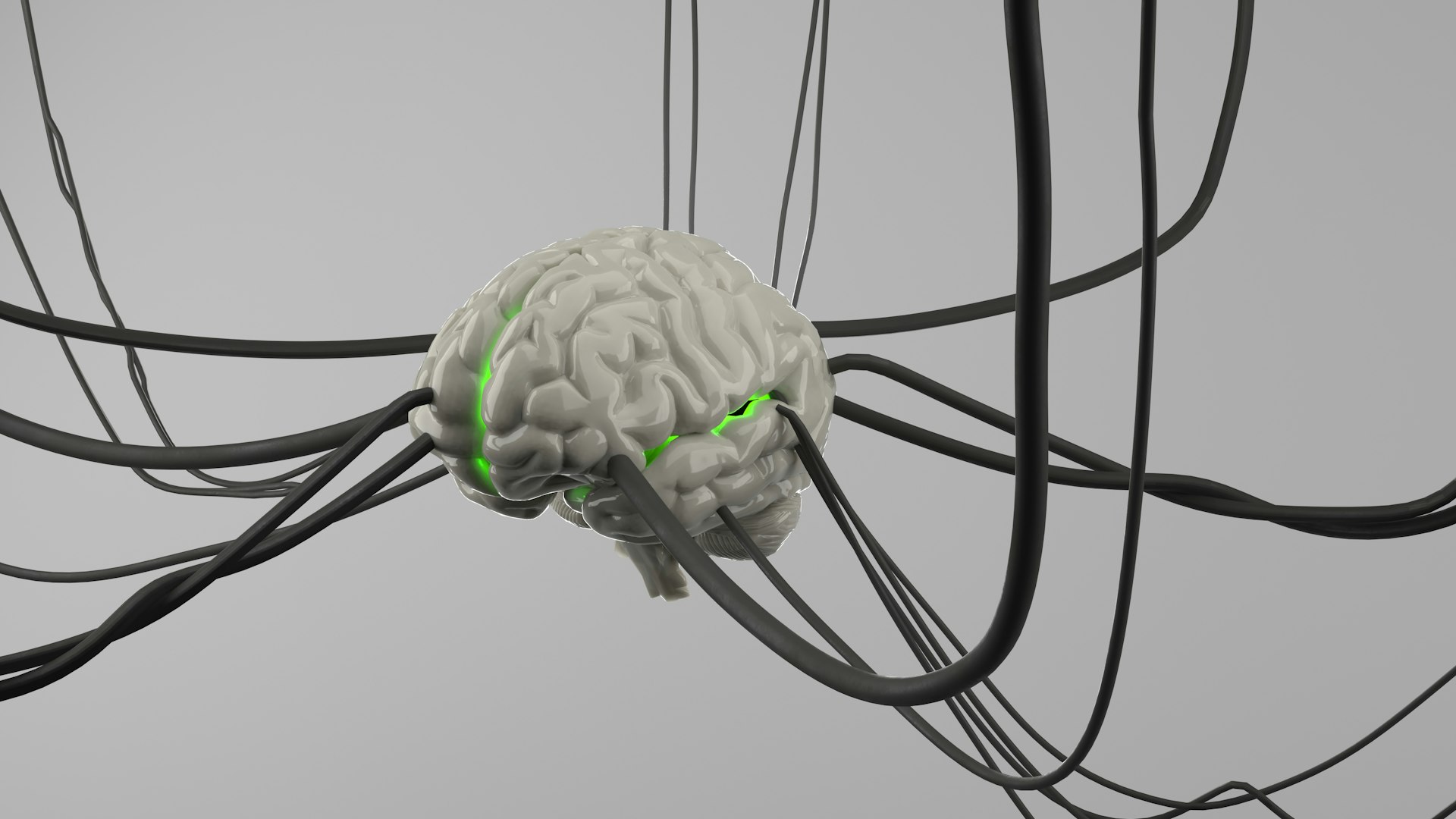How Player-Driven Economies Are Shaping the Future of Virtual Worlds

Photo by XR Expo on Unsplash
The Rise of Player-Driven Economies in Virtual Worlds
The digital transformation of gaming and online interaction has led to the emergence of player-driven economies -virtual ecosystems where players not only participate in gameplay but actively buy, sell, and trade digital assets. Unlike traditional games, where in-game economies were tightly controlled by developers, today’s virtual worlds increasingly empower players to shape economic systems, creating new opportunities for income, social interaction, and innovation. [5]
Key Technologies Powering Virtual Economies
Several technological advancements are fueling the growth and sustainability of player-driven economies:
- Blockchain and Cryptocurrencies : These technologies enable secure, transparent transactions and true ownership of digital assets. Players can buy, sell, and transfer in-game items-such as weapons, outfits, or virtual real estate-using blockchain-powered tokens and cryptocurrencies, often with real-world value. [5]
- Non-Fungible Tokens (NFTs) : NFTs represent unique digital assets that players can own, trade, or sell. This has led to the rise of virtual collectibles and rare in-game items that can appreciate in value over time. [2]
- Play-to-Earn (P2E) Models : Unlike traditional pay-to-play systems, P2E enables players to earn cryptocurrency or digital assets by participating in gameplay, completing tasks, or contributing to the virtual world. [1]
- Virtual and Augmented Reality (VR/AR) : These technologies create immersive environments, making economic activities-like shopping, trading, or socializing-more interactive and engaging. [4]
How Player-Driven Economies Function
Modern virtual economies are complex, often mirroring real-world financial systems. Here’s how they work:

Photo by Alphonse Oudia on Unsplash
Players participate in digital marketplaces, earn tokens through in-game achievements, and exchange assets with others. Some games implement governance systems, allowing players to vote on economic policies or content updates. This level of agency fosters a sense of ownership and investment in the game’s ecosystem. [3]
Case studies like
Axie Infinity
demonstrate the potential: players can breed, battle, and trade digital creatures (Axies), earning cryptocurrency that can be exchanged for fiat money. Reports indicate some users have earned substantial monthly incomes, showcasing the democratizing potential of these ecosystems.
[5]
Benefits and Opportunities for Participants
Engaging in player-driven virtual economies offers several advantages:
- Financial Incentives : Players can earn real-world income through in-game achievements, asset trading, or participating in community governance. [1]
- Asset Ownership : Unlike traditional games, players truly own their digital items, which may appreciate in value or be transferred between games and platforms. [4]
- Community Involvement : Players can collaborate, form guilds, and shape the direction of the virtual world through voting and content creation. [2]
- Skill Development : Navigating virtual economies builds skills in digital literacy, negotiation, asset management, and entrepreneurship.
Challenges and Risks
While the future is promising, several challenges must be addressed for sustainable growth:
- Economic Stability : As with any market, virtual economies are vulnerable to inflation, asset bubbles, and market manipulation. Developers are experimenting with economic models to balance supply and demand. [3]
- Security and Fraud : Blockchain-based assets are secure by design, but scams, hacking, and phishing remain risks. Players are encouraged to use trusted platforms and enable two-factor authentication.
- Regulation : Legal frameworks for digital assets and virtual currencies vary by region. Staying informed about local laws is critical, especially when converting digital tokens to fiat currency.
- Barriers to Entry : Some virtual worlds require initial investment (buying NFTs or tokens), which may limit accessibility. However, scholarship programs and community initiatives can lower these barriers. [5]
How to Participate in Player-Driven Virtual Economies
If you want to get involved, follow these steps:
-
Research Platforms
: Explore established virtual worlds and games with active economies. Look for platforms with transparent governance, robust security, and engaged communities. Examples include
Axie Infinity
,
Decentraland
, and
The Sandbox
. - Set Up a Digital Wallet : Most blockchain-based games require a cryptocurrency wallet (such as MetaMask or Coinbase Wallet) for asset storage and transactions. Always use official channels for wallet setup and enable security features.
- Start Small : Begin by participating in free events, earning starter assets, or joining community programs. Some platforms offer scholarships or lending programs to help new players overcome entry costs. Search for ‘blockchain game scholarships’ or ‘P2E onboarding programs’ for current opportunities.
- Engage with the Community : Join official forums, Discord servers, or Telegram groups to learn from experienced players, stay updated on news, and discover earning opportunities. Genuine communities often have moderators and public guidelines-avoid groups that promise guaranteed returns or require upfront payments.
- Understand the Risks : Familiarize yourself with marketplace rules, asset volatility, and local regulations. For legal and tax guidance, consult official government agencies or certified professionals in your jurisdiction.
Future Trends: What to Expect in the Next Five Years
Looking ahead, virtual economies are expected to become even more sophisticated and accessible. Key trends include:
- Deeper Integration of DeFi : Decentralized finance tools like staking, lending, and liquidity pools are being woven into games, enabling players to earn passive income on digital assets. [1]
- Interoperability : Efforts are underway to allow digital assets to move seamlessly between games and platforms, enhancing utility and value. [4]
- Community Governance : More games are incorporating decentralized governance, empowering players to vote on updates and economic policies. [2]
- Real-World Business Integration : Brands and businesses are entering virtual worlds, creating opportunities for sponsored content, branded assets, and virtual commerce. [2]
For detailed updates on the latest trends and case studies, seek out reputable news and research portals covering blockchain gaming, metaverse developments, and Web3 innovation.
Alternative Pathways and Additional Resources
Not every participant needs advanced technical knowledge or large investments. Consider alternative approaches:
- Content Creation : Some platforms reward players for creating virtual goods, events, or experiences. Look for official creator programs within your chosen platform.
- Education and Training : Many online academies and official game communities offer free tutorials on blockchain gaming, NFT trading, and digital asset security. Search for ‘NFT gaming courses’ or ‘how to earn in the metaverse’ in established educational portals.
- Networking and Events : Join industry conferences, webinars, or podcasts to connect with innovators and discover new opportunities. For example, global events like Outer Edge foster connections between investors, developers, and players. [1]
If you are seeking more information on regulatory compliance or tax obligations, consult official government websites or certified professionals. Do not rely on unofficial channels for legal advice.
References
- [1] Outer Edge (2025). Top Web3 Gaming and Entertainment Trends to Watch in 2025.
- [2] Power.xyz (2025). Metaverse gaming: How emerging trends are shaping the future of virtual economies.
- [3] GameSpace (2024). The Rise of In-Game Economies: What It Means for Players and the Future of Gaming.
- [4] Meegle (2025). Metaverse And Gaming Industry Evolution.
- [5] Rapid Innovation (2025). GameFi and Metaverse 2025 Ultimate Guide.
MORE FROM findworkpro.com













